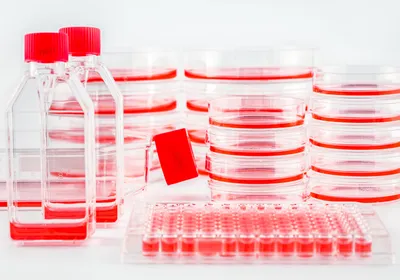 Simplified schematic of peptide immunotherapy for type 1 diabetes
Simplified schematic of peptide immunotherapy for type 1 diabetes
CARLA SCHAFFER, AAAS, ALI ET AL., SCI TRANS MED, 9:EAAF7779, 2017
For the first time, scientists demonstrate that immunotherapy can safely stabilize the progression of early-stage type 1 diabetes in a trial of 27 individuals, according to a report published today (August 9) in Science Translational Medicine.
“The fact that this small study, designed to assess safety, suggests there may be a beneficial outcome is exciting, as we desperately need safe immune interventions that can prevent the decline of the patient’s own insulin secretion in type ...

















